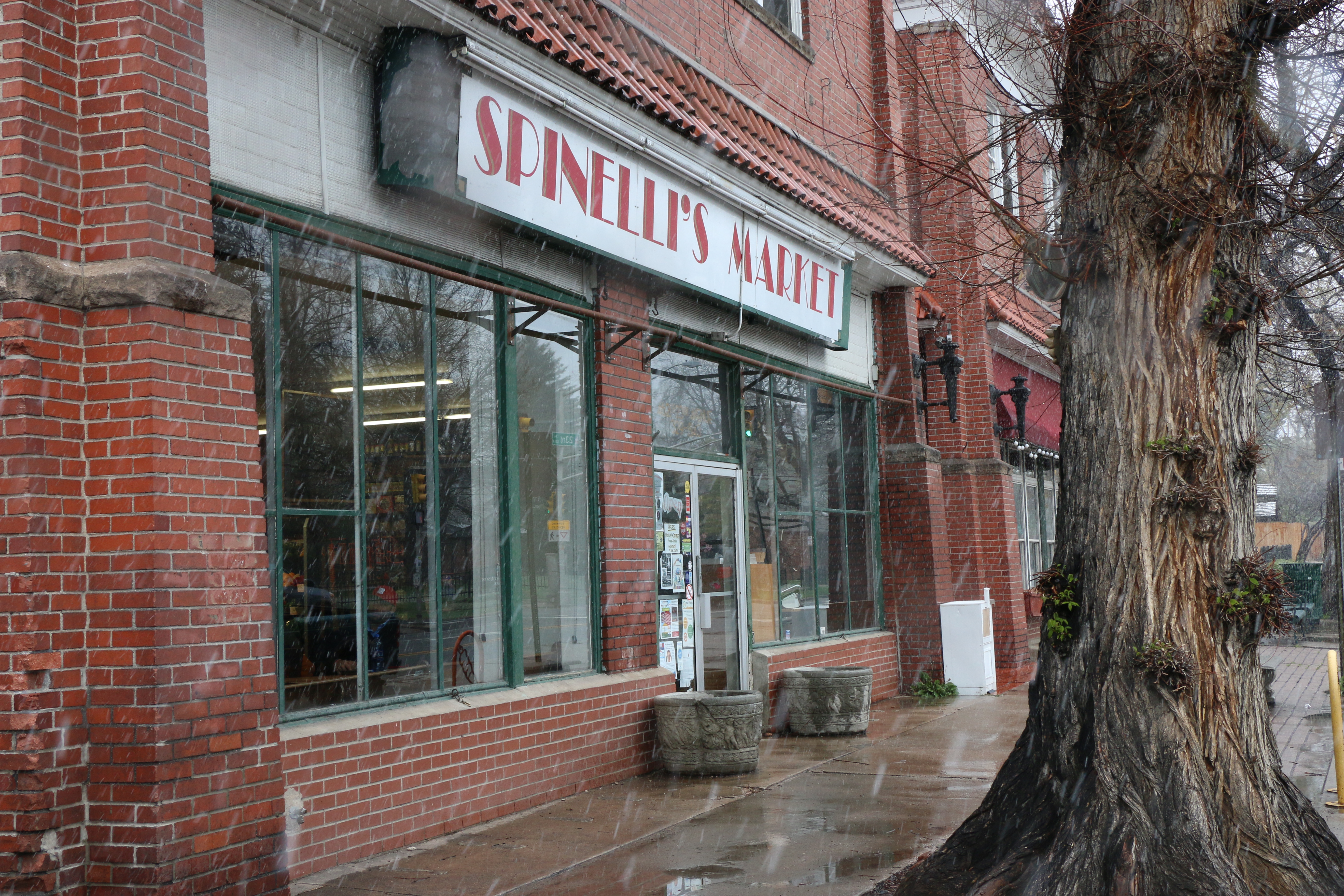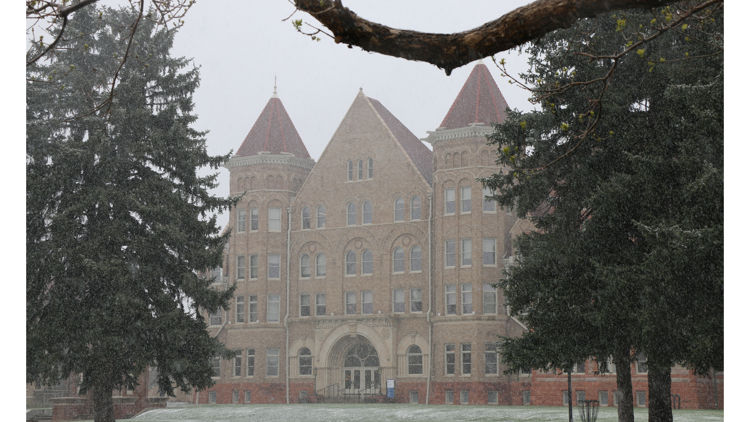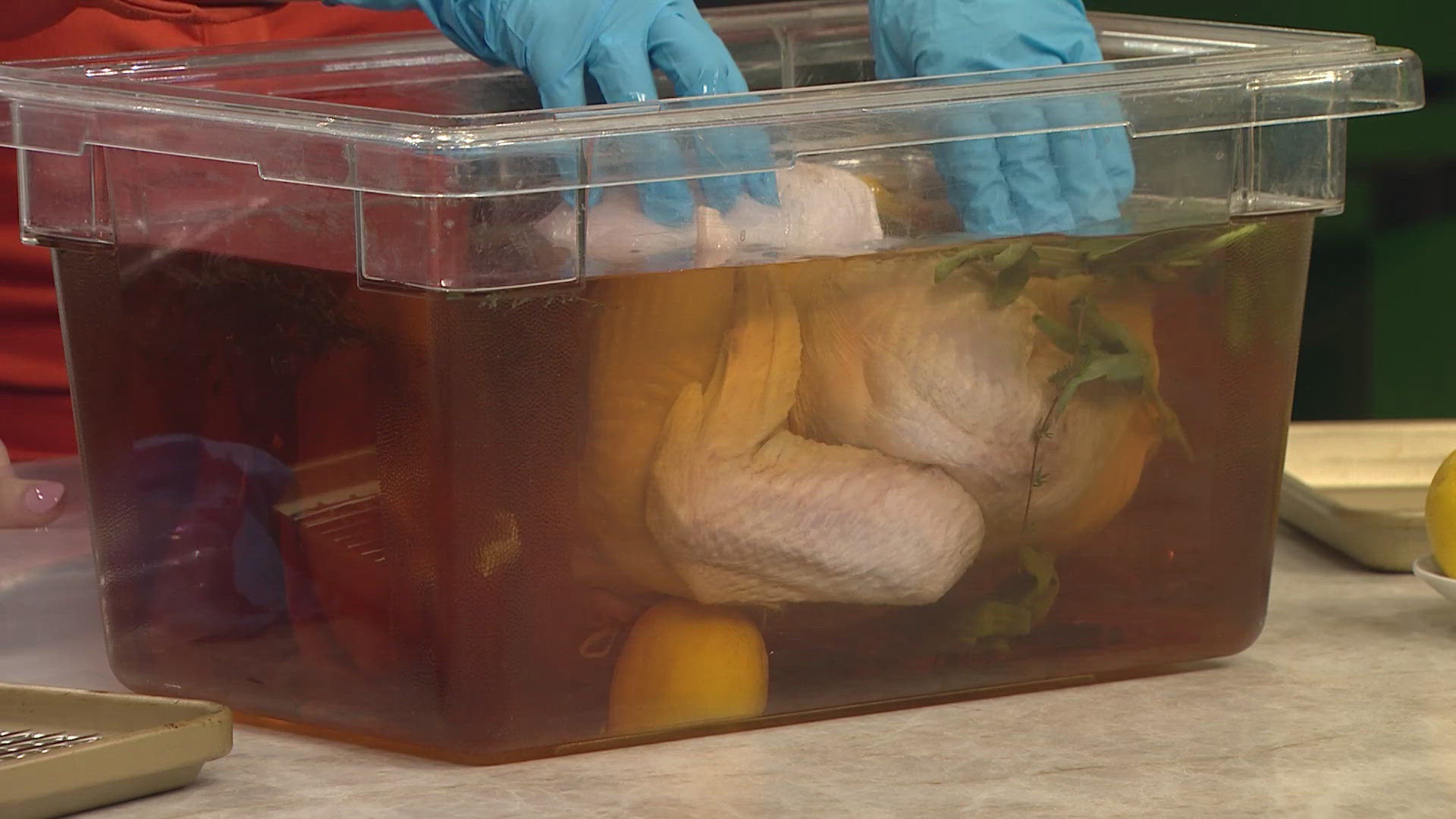A gem in the north of Denver, Park Hill has been a longstanding neighborhood filled with pride and tradition.
Its rich cultural history of African-American rights, integration, and architectural development on the outskirts of the city has made it a unique place for many Denverites to call home proudly.
A photo posted by 9NEWS (@9newsdenver) on
Join us Friday on Instagram as we highlight some of the neighborhood's past and its bustling future on our weekly #9Neighborhoods tour.
Park Hill's rich cultural history:
Park Hill’s roots can be traced back to Baron Allois Gillaume Eugene A. von Winckler, a Prussian man who was inspired by Denver’s existing Montclair neighborhood when he purchased land east of Denver’s City Park and platted Park Hill in 1887. He took his own life in 1898, and his land fell to developers who began creating what today is known as Park Hill.
Park Hill was known for its many dairies and grasslands to feed cattle herds, and even Denver’s fledgling aviation community.
Colorado’s first commercial airport, Curtis Humphrey Field at 26th Avenue and Oneida Street, began offering regional passenger air service in 1919 – and other scattered airfields soon followed.
Lowry Field opened in 1924 on 120 acres north of 38th and Dahlia as the Colorado Air National Guard Training Center.
What used to be dairies and brickyards became tree-lined streets and attractive homes in the 1920s and 1930s, offering a quiet reprieve from bustling city life. By the early 1930s, Park Hill had become an automobile suburb, as the majority of Denver commuters now made their way to work by private car.
From the 1920s, Park Hill has been considered a desirable place to live. Developers touted the area as affluent and appealing. Post World War II, Park Hill saw a building boom as homes sprouted up nearby the Stapleton Airport. As a result, homes range from Victorian to Arts and Crafts to mid-century architecture as the neighborhood grew.
Like other Denver neighborhoods, including Montclair, South Denver, Highlands, and Berkeley, Park Hill developers established restrictive covenants and limited the use and nature of residential neighborhoods and homes. To the west, Jacob W. Downing's "Downington" included racial restrictions, and by the early twentieth century, Downing Street marked a racial divide between black and white in Denver.
As the population continued to grow after World War II, African American families began moving from the Five Points neighborhood closer to the nearly exclusively white (at the time) Park Hill neighborhood. Unscrupulous realtors used the racial divide to their advantage, steering black families onto streets where their arrival precipitated white flight.
In 1960, a coalition of Park Hill churches, their congregants, and other neighborhood residents met at the Montview Presbyterian Church. Together, they established the Park Hill Action Committee, later to become the Greater Park Hill Community, incorporated, in 1961.
One thing has always been consistent: neighborhood pride runs deep. The neighborhood has many annual traditions: including a huge Fourth of July parade, warming stations at Halloween, and civic and neighborhood tours hosted often.
The neighborhood is also home to NBA star Chauncey Billups, who has “King of Park Hill” tattooed on his arm.
PHOTOS: A tour of Denver's northern neighborhood gem, Park Hill
Park Hill Today: Thriving and reinventing
Park Hill is a large northeastern Denver neighborhood that stretches from Colorado Boulevard to the west, up past I-70 to part of East 52nd Avenue and part of East 48th Avenue to the north, to Quebec Street to the east and East Colfax Avenue to the south. The City of Denver further breaks Park Hill into three subsections: North Park Hill, South Park Hill and Northeast Park Hill.
Colorado Governor John Hickenlooper's personal home is in Park Hill. He lives there with his wife, Douglas County-based Liberty Media's vice president of corporate development Robin Pringle, and his 10-year-old son Teddy.
Park Hill has since 2007 been named to the American Planning Association's annual "Great Public Spaces" list, which calls out U.S. places that are "unique and exemplary in their amenities and infrastructure, cultural identity and use of sustainable and innovative practices."
Park Hill is home to Johnson & Wales University, located at 7150 E. Montview Blvd. Johnson & Wales, while traditionally known as a school that trains students in the hospitality and culinary industries, has recently expanded its offerings to include a wide range of associate's, bachelor's and graduate degrees.
Last August, the university reopened its long-dormant Centennial Hall building following a $32 million renovation. Centennial Hall used to be home to the Colorado Women's College, which is now on the University of Denver campus and will close this year.
Fun fact about Johnson & Wales: last year, its students created a 1,204-pound banana split, the largest ever and recorded in Guinness World Records.
Homes and Lifestyle
Like many Denver neighborhoods, crime is on the rise in Park Hill. It was the neighborhood with the fourth highest increase in both violent and property crimes, according to recent data from the Denver Police Department.
Denver homes prices may have cooled off a bit last month, but the median home price in South Park Hill is pretty high: $532,500, according to real estate website Trulia.
North Park Hill's median home price is lower, at $405,000. The median home price in northeast Park Hill is just $275,000, comparatively. Park Hill is home to many custom-built houses, in which builders like Bellco Custom Homes provide tailor-made amenities.
Park Hill's neighborhood organization, founded in 1961, is Greater Park Hill Community Inc. The organization has its own newspaper, hosts community meetings and events and offers a host of resources to residents.
Park Hill was one of the first Denver neighborhoods to receive CenturyLink's ultra-fast 1 gigabit internet service last year, and in March 2015, was also one of the first where CenturyLink launched its cable-like Prism TV service. Prism TV is a multichannel video service that offers much of the same programming as Comcast for anywhere from $49.99 to $94.99 per month.
Park Hill is home to a host of trendy restaurants, including Chop Shop Casual Urban Eatery, Tables, Famous Philly Cheese Steaks & Beer Garden and many others, including neighborhood classic Cherry Tomato Family Restaurant.




